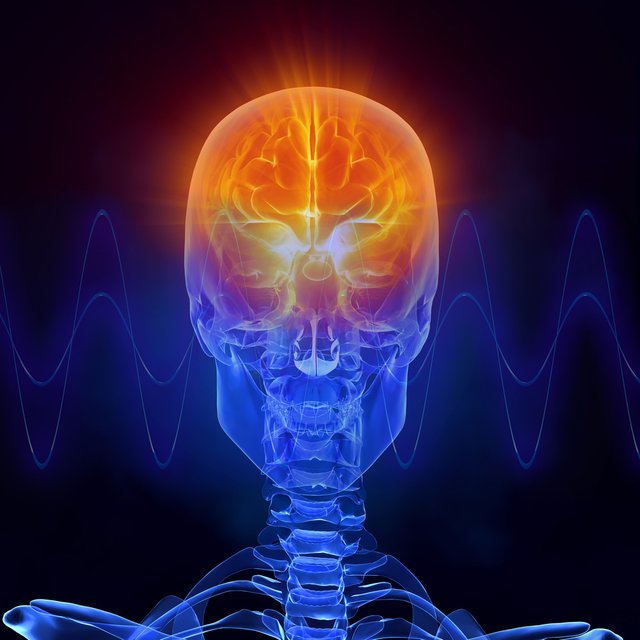Human consciousness is simply a state of matter, like a solid or liquid – but quantum

Thanks to the work of a small group neuroscientists and theoretical physicists over the last few years, we may finally have found a way of analyzing the mysterious, metaphysical realm of consciousness in a scientific manner. The latest breakthrough in this new field, published by Max Tegmark of MIT, postulates that consciousness is actually a state of matter. “Just as there are many types of liquids, there are many types of consciousness,” he says. With this new model, Tegmark says that consciousness can be described in terms of quantum mechanics and information theory, allowing us to scientifically tackle murky topics such as self awareness, and why we perceive the world in classical three-dimensional terms, rather than the infinite number of objective realities offered up by the many-worlds interpretation of quantum mechanics.
Consciousness has always been a tricky topic to broach scientifically. After all, science deals specifically with effects that can be observed and described mathematically, and consciousness has heretofore successfully evaded all such efforts. In most serious scientific circles, merely mentioning consciousness might result in the rescinding of your credentials and immediate exile to the land of quacks and occultists.
But clearly, consciousness — or sentience or soul or whatever else you call the joie de vivre that makes humans human — is a topic that isn’t going away. It’s probably awfully pretentious of us to think that consciousness is the unique reserve of humans — but hey, evolution handed us these giant, self-aware brains, and so we’re going to try our damnedest to work out whether consciousness is a real thing — whether our brains really are tied into some kind of quantum realm — or if we’re all just subject to an incredibly complex Matrix-like simulation put on by our hyper-imaginative and much-too-powerful human brain.
The latest attempts to formalize consciousness come from Giulio Tononi, a professor at the University of Wisconsin-Madison, who proposed the integrated information theory (IIT) model of consciousness — and now Max Tegmark of MIT, who has attempted to generalize Tononi’s work in terms of quantum mechanics. In his research paper, “Consciousness as a State of Matter”, Tegmark theorizes that consciousness can be understood as a state of matter called “perceptronium” that can be differentiated from other kinds of matter (solids, liquids, gases) using five, mathematically sound principles.
The paper, as you can imagine, is a beastly 30-page treatise, but the Physics arXiv Blog does a good job of summarizing it (if you’re comfortable with quantum mechanics, anyway). In short, though, it outlines Tononi’s ITT — that consciousness results from a system that can store and retrieve vast amounts of information efficiently — and then moves onto his own creation, perceptronium, which he describes as “the most general substance that feels subjectively self-aware.” This substance can not only store and retrieve data, but it’s also indivisible and unified (this is where we start to wander into the “here be dragons” realm of souls and spirits and so forth). The rest of the paper mostly deals with describing perceptronium in terms of quantum mechanics, and trying to work out why we steadfastly perceive the world in terms of classical, independent systems — rather than one big interconnected quantum mess. (He doesn’t have an answer to this question, incidentally.)
Tegmark’s paper doesn’t get to the point where we can suddenly say what causes or creates consciousness, but it does go some way towards proving that consciousness is governed by the same laws of physics that govern the rest of the universe — that there isn’t some kind of “secret sauce,” as postulated by mystics and religious types since time immemorial. As far as science is concerned, that’s a rather big relief.
Source: http://www.extremetech.com